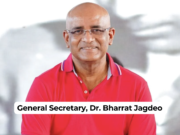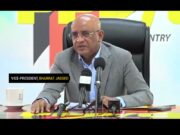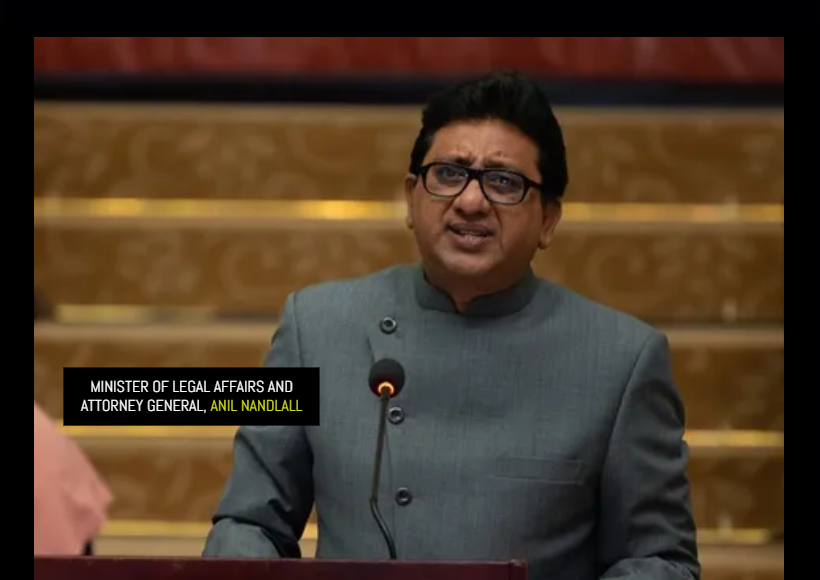Attorney General and Minister of Legal Affairs, Anil Nandlall, recently noted that the Guyana/Venezuela border controversy case before the International Court of Justice (ICJ) may not see a final judgement until after 2026.
In 2018, Guyana had submitted an application to the ICJ for the institution to confirm the validity and binding effect of the 1899 Arbitral Award which placed the Essequibo region under Guyana’s control. This application also sought to affirm that the 1899 award was a “full, perfect, and final settlement” of all questions related to determining the boundary lines between the colony of British Guiana and Venezuela.
During a recent symposium on the case at the Arthur Chung Convention Centre (ACCC), Nandlall was asked by stakeholders for an update on the expected timeline for a judgment. Nandlall emphasized that, as expected, the ICJ proceedings entail lengthy periods, averaging a six-month initial phase with the option for a subsequent three-month extension.
“At the level of the ICJ, the timelines are, as you would expect, they are long,” remarked Nandlall. “What our experience has been so far is that Venezuela has exhausted every possible opportunity to delay the matter.”
Nandlall highlighted Venezuela’s tactics, noting its initial refusal to submit anything during the jurisdictional objection phase. However, a last-minute submission caused a shift in the timeframe. “We are about to expire… their time for entering their memorial, the counter memorial. I think it will expire, I believe, in December, but more likely than not, they will ask for an extension, and the court’s policy is to grant it,” he explained.
Nandlall added, “The bottom line is that the case at the ICJ will not be determined till after 2026 thereabout.”
Addressing the interim period, Nandlall underscored the importance of vigilance and continued efforts to uphold the court order against any action by Venezuela on its December 3rd referendum. Last Friday, the ICJ approved Guyana’s request for provisional measures amid concerns over Venezuela’s Consultative Referendum seeking to seize the Essequibo.
“The referendum, having been rendered perfunctory by the ruling of the ICJ, does not conclude this matter,” he stated. “We have to continue to work every day, at all levels, to ensure that the court order is observed and obeyed because it’s a status quo order until the court determines the matter.”
Moreover, Nandlall emphasized the need for ongoing international support, acknowledging that the situation might escalate. “Internationally, [support] is getting more and more, so we will have to activate different processes if the crescendo increases on that side.”











